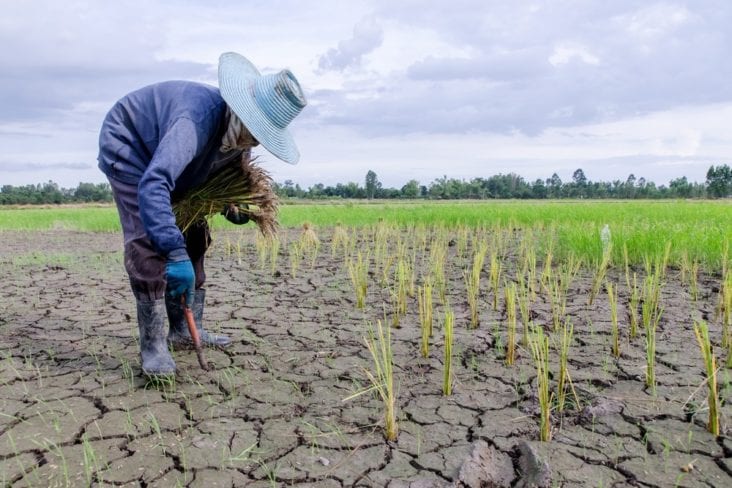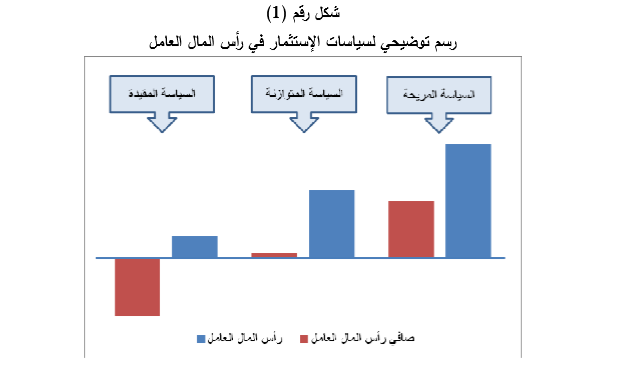Reform UK's Agricultural Plans: What Farmers Need To Know

Table of Contents
Direct Payments and Funding Changes under Reform UK's Vision
Reform UK advocates a significant departure from the EU's system of direct payments, a cornerstone of agricultural support for decades. Their vision involves shifting away from blanket subsidies and towards more targeted funding mechanisms, prioritizing environmental stewardship and sustainable farming practices. This proposed shift represents a fundamental change in how agricultural support is delivered in the UK.
- Comparison: Current direct payment schemes provide lump-sum payments based on land ownership, often criticized for not rewarding environmentally friendly farming. Reform UK’s proposals aim for a more performance-based system, rewarding farmers for specific environmental outcomes and sustainable practices.
- Impact on Farm Incomes: The transition could lead to initial income reductions for some farmers heavily reliant on existing direct payments. However, Reform UK argues that the new system will incentivize more efficient and sustainable farming, ultimately leading to long-term economic viability.
- Eligibility and Application: Details on eligibility criteria and application processes for any new schemes are still limited. Clear and accessible information will be crucial for farmers to adapt effectively.
- Geographical Variations: The impact of these changes will vary geographically, with some regions potentially benefiting more than others depending on their existing farming practices and environmental characteristics. Further analysis is needed to understand regional variations.
Environmental Stewardship and Sustainability under Reform UK
Reform UK emphasizes environmental protection as a central tenet of their agricultural policy. They propose ambitious environmental stewardship schemes designed to incentivize sustainable farming practices and enhance biodiversity. This focus reflects a growing global concern for climate change and the urgent need to reduce agriculture's environmental footprint.
- Specific Targets: Reform UK's plans likely involve setting specific targets for carbon reduction, biodiversity enhancement, and water quality improvement. Achieving these targets will require significant changes in farming practices.
- Incentives and Penalties: The proposed system is likely to include financial incentives for farmers adopting sustainable practices, alongside potential penalties for those failing to meet environmental standards. This carrot-and-stick approach aims to drive widespread adoption.
- Impact on Biodiversity and Carbon Emissions: Successful implementation could significantly enhance biodiversity and reduce carbon emissions from agriculture, contributing to national and global climate goals.
- Bureaucracy and Compliance Costs: Increased bureaucracy and compliance costs are potential downsides. The balance between environmental protection and administrative burden will be a key factor determining the success of these schemes.
Trade and Market Access under Reform UK's Agricultural Policy
Reform UK's approach to trade agreements will significantly impact UK farmers' access to markets both domestically and internationally. The potential for increased competition from imported goods is a major concern. This requires a nuanced strategy to balance economic opportunities with the need to protect domestic producers.
- Trade Deal Implications: Analyzing the implications of potential trade deals for specific agricultural sectors (dairy, beef, cereals, etc.) is vital. Some sectors might benefit from increased export opportunities, while others could face heightened competition.
- Protecting Domestic Farmers: Measures to protect domestic farmers from unfair competition, such as tariffs or import quotas, are likely to be crucial components of Reform UK's policy.
- Export Growth Opportunities: Reform UK might prioritize negotiating trade agreements that open new export markets for high-value UK agricultural products. This could lead to economic growth but requires careful consideration of market access barriers.
- Risks of Global Markets: Increased reliance on global markets exposes UK farmers to greater price volatility and the risks associated with international trade disruptions. Diversification and risk management strategies are essential.
Food Security and Self-Sufficiency: A Reform UK Perspective
Ensuring a stable and secure food supply for the UK is paramount. Reform UK's policies on food security and domestic food production will have significant implications for both farmers and consumers. Achieving self-sufficiency is a complex challenge requiring a multi-faceted approach.
- Stable Food Supply: Reform UK's plans should outline specific strategies to ensure a resilient food supply chain, potentially including investment in infrastructure, research and development, and support for domestic producers.
- Impact on Food Prices: Changes in agricultural policy will inevitably impact food prices for consumers. Balancing food security with affordability is a crucial political and economic consideration.
- Increasing Domestic Production: Strategies for boosting domestic food production could include incentives for farmers to grow specific crops, investment in technology, and improved land management practices.
- Challenges of Self-Sufficiency: Achieving complete food self-sufficiency is unlikely to be practical or economically efficient in the UK. A balance between domestic production and strategic imports is more realistic.
Conclusion: Understanding Reform UK's Agricultural Plans – A Call to Action
Reform UK's agricultural plans represent a significant departure from the status quo. Understanding these proposals is crucial for farmers to adapt and prepare for the potential changes ahead. The proposed shift from direct payments to performance-based funding, the emphasis on environmental stewardship, and the approach to trade and food security will have far-reaching consequences.
Farmers must stay informed about Reform UK's agricultural plans and actively participate in discussions surrounding these policies. Consult relevant resources from Reform UK and independent agricultural organizations to gain a complete understanding. Engage in consultations and feedback processes to ensure your voice is heard and your concerns are addressed. The future of UK agriculture under Reform UK, and indeed the future of Reform UK farming policies, depends on a collaborative and informed approach. Don't wait; your active participation shapes the future of UK agriculture under Reform UK.

Featured Posts
-
 La Seine Musicale 2025 2026 Une Saison Riche En Evenements
May 03, 2025
La Seine Musicale 2025 2026 Une Saison Riche En Evenements
May 03, 2025 -
 Assessing Reform Uks Agricultural Policies A Farmers Perspective
May 03, 2025
Assessing Reform Uks Agricultural Policies A Farmers Perspective
May 03, 2025 -
 Experience Tulsas Winter A Digital Exclusive Timeline By Travis And Stacia
May 03, 2025
Experience Tulsas Winter A Digital Exclusive Timeline By Travis And Stacia
May 03, 2025 -
 Aljbht Alwtnyt Tfasyl Wrqt Syasat Alastthmar Alaqtsadyt Aljdydt
May 03, 2025
Aljbht Alwtnyt Tfasyl Wrqt Syasat Alastthmar Alaqtsadyt Aljdydt
May 03, 2025 -
 Macron Et L Etat Palestinien La Critique Acerbe De Netanyahou
May 03, 2025
Macron Et L Etat Palestinien La Critique Acerbe De Netanyahou
May 03, 2025
